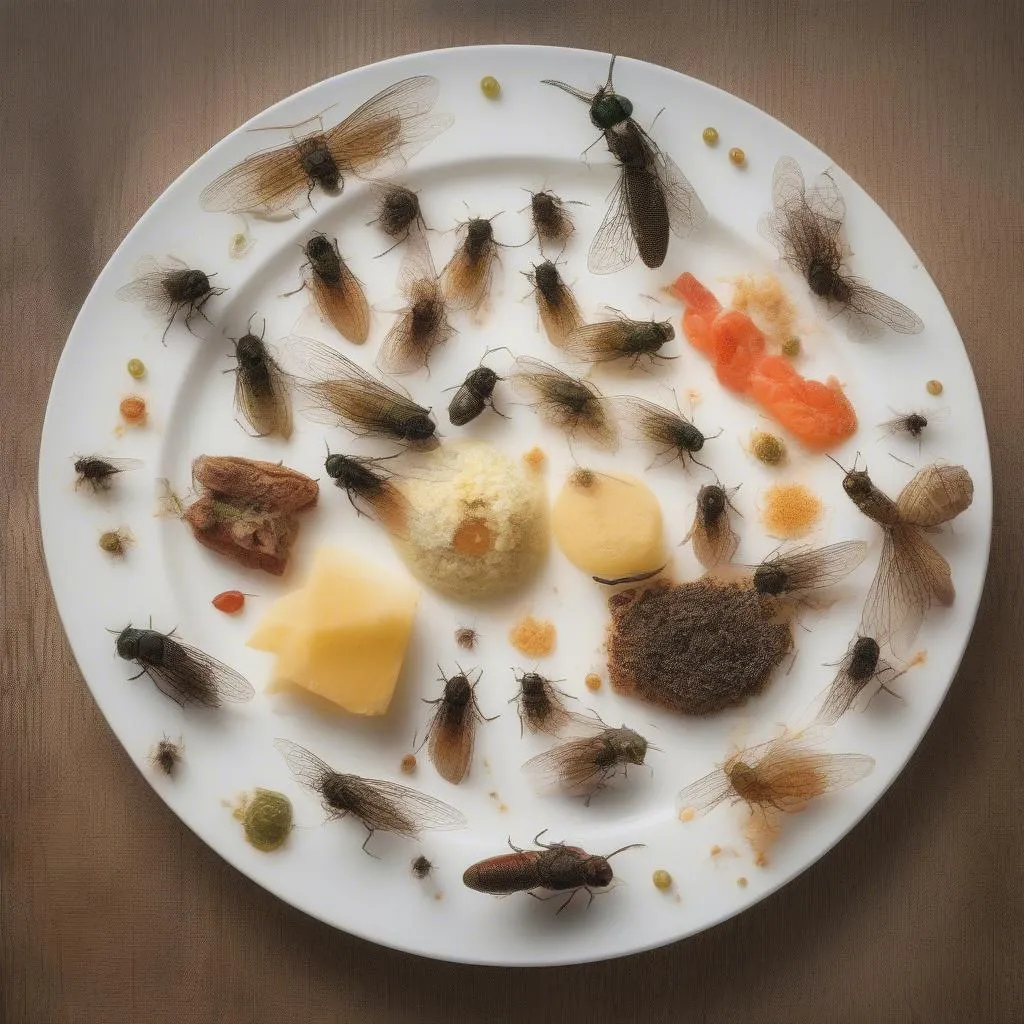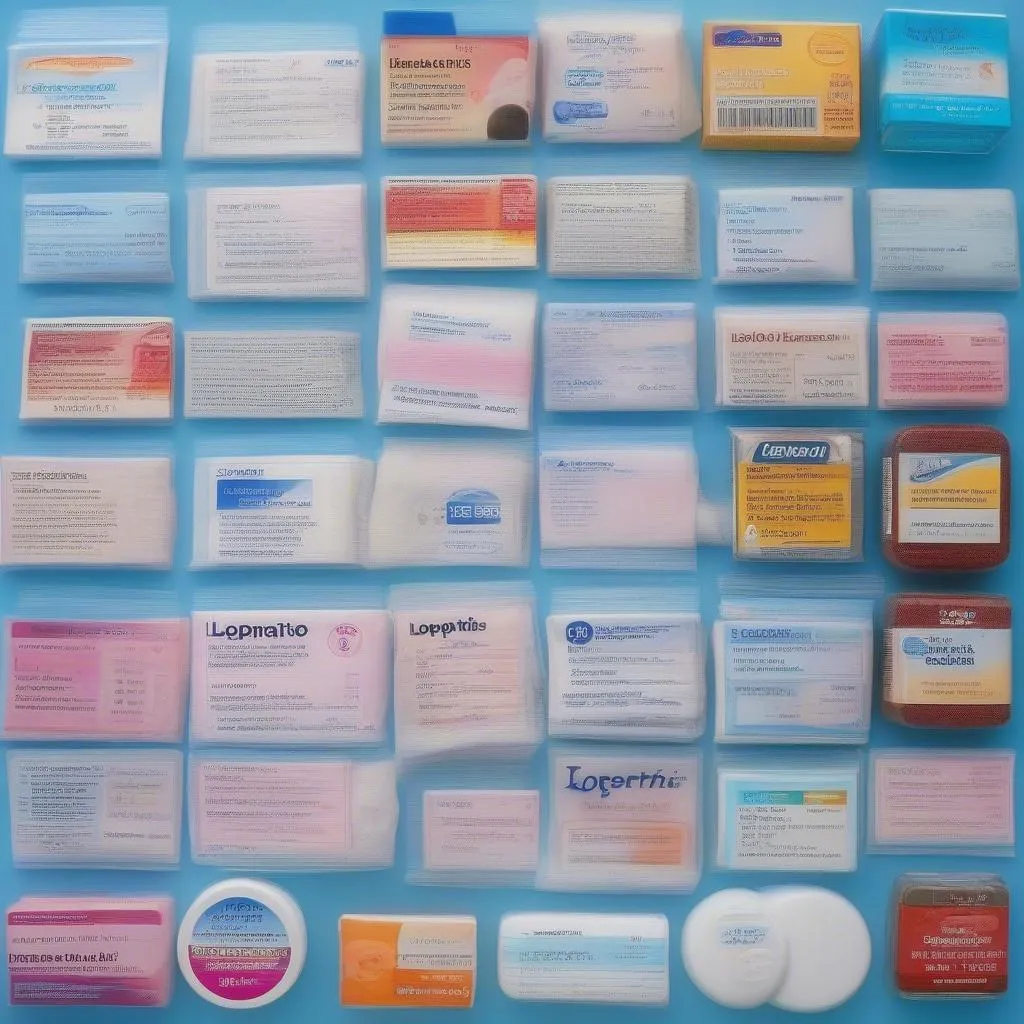Picture this: You’ve been dreaming of exploring the ancient ruins of Angkor Wat in Cambodia, and after months of planning, you’re finally there. But your excitement quickly turns sour when you’re hit with a bout of traveler’s diarrhea. Don’t let this common ailment ruin your trip! Understanding what causes traveler’s diarrhea and how to prevent it is key to staying healthy and enjoying your adventures to the fullest.
Unpacking the Culprit: What Causes Travelers’ Diarrhea?
Traveler’s diarrhea, often nicknamed “Delhi Belly” or “Montezuma’s Revenge,” is an unwelcome souvenir that many travelers encounter. It’s typically caused by ingesting contaminated food or water carrying bacteria, viruses, or parasites. Here’s a closer look at the usual suspects:
Bacteria: The Most Common Culprit
- Escherichia coli (E. coli): Found in contaminated water and food, especially undercooked meat and unwashed produce.
- Salmonella: Commonly found in raw or undercooked eggs, poultry, and meat.
- Shigella: Spread through contaminated food and water, often due to poor hygiene practices.
Viruses: Tiny Troublemakers
- Norovirus: Highly contagious and spread through contact with contaminated surfaces, food, or water.
- Rotavirus: More common in children but can affect adults too, often spread through contaminated hands and surfaces.
Parasites: Uninvited Guests
- Giardia lamblia: Found in contaminated water, even in seemingly pristine streams and rivers.
- Cryptosporidium: Another parasite that can lurk in contaminated water, resistant to chlorine disinfection.
Why Are Travelers More Susceptible?
You might be thinking, “I eat these foods at home and never get sick!” And you’re right, but traveling throws some curveballs:
- Exposure to New Foods and Bacteria: Your body might not be used to the local bacteria, making you more susceptible to illness.
- Changes in Water and Sanitation: Water and sanitation standards vary widely across the globe, increasing the risk of consuming contaminated water.
- Adventure Eating: Trying street food or dining in less formal settings can heighten the risk of encountering foodborne pathogens.
- Weakened Immune System: Travel stress, jet lag, and changes in diet can weaken your immune system, making you more vulnerable.
 Food and Water Contamination
Food and Water Contamination
Preventing Traveler’s Diarrhea: Your Best Defense
While some risk is inherent in travel, you can significantly reduce your chances of getting sick by following these tips:
1. Be Water-Wise:
- Drink Bottled Water: Stick to bottled water for drinking, brushing your teeth, and washing fruits and vegetables.
- Boil It, Cook It, Peel It, or Forget It: This travel mantra can help you make safe food choices.
- Avoid Ice Cubes: Ice may be made with contaminated water.
2. Practice Food Safety:
- Choose Reputable Eateries: Opt for restaurants that appear clean and have good hygiene practices.
- Eat Well-Cooked Food: Ensure your food is cooked thoroughly, especially meat and seafood.
- Wash Your Hands Frequently: Wash your hands thoroughly with soap and water before eating and after using the restroom.
- Carry Hand Sanitizer: Keep a travel-sized hand sanitizer handy for times when soap and water aren’t available.
What if Traveler’s Diarrhea Strikes?
Even with precautions, sometimes traveler’s diarrhea happens. Here’s what to do:
- Stay Hydrated: Diarrhea can lead to dehydration, so drink plenty of fluids like oral rehydration solutions, clear broth, or sports drinks.
- Rest: Give your body time to recover.
- Over-the-Counter Medications: Over-the-counter medications like loperamide (Imodium) can help control diarrhea, while bismuth subsalicylate (Pepto-Bismol) can reduce symptoms.
 Traveler's Diarrhea Medications
Traveler's Diarrhea Medications
Important Note: If your diarrhea is severe, bloody, accompanied by high fever, or lasts longer than a few days, seek medical attention immediately.
Planning Your Trip? Prioritize Your Health
Before you embark on your adventure, consult your doctor about necessary vaccinations and preventive medications. They can also recommend traveler’s diarrhea precautions specific to your destination.
“Travelers should be proactive about their health, especially when it comes to food and water safety,” says Dr. Emily Carter, a travel medicine specialist. “Understanding the risks and taking preventive measures can make all the difference in having a healthy and enjoyable trip.”
 Healthy Travel Tips
Healthy Travel Tips